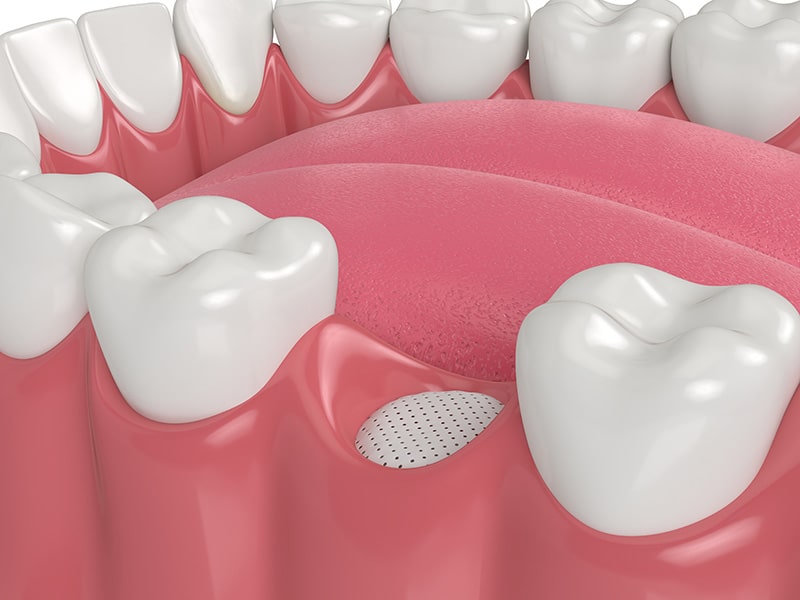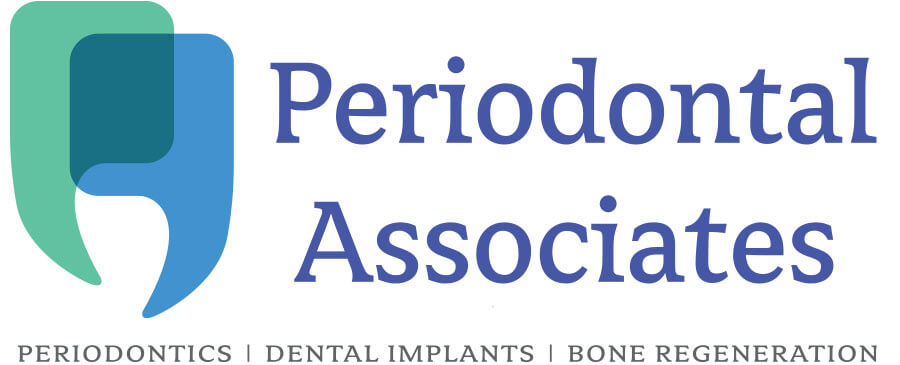
At Periodontal Associates, we have dedicated decades to restoring the smiles and improving the quality of life for our patients. A critical component of many advanced dental procedures, such as dental implant placement, is ensuring the jawbone is strong and dense enough to provide a stable foundation. When bone loss has occurred due to periodontal disease, trauma, or tooth extraction, a bone graft becomes necessary. This procedure rebuilds the bone, creating a solid base for future restorative work.
Understanding the materials and methods used in your care is an important step in feeling confident about your treatment plan. Our team of experienced periodontists takes the time to explain every aspect of your procedure, ensuring you feel comfortable and informed. Bone grafting is a highly successful and common part of periodontal surgery in Framingham, and we utilize several proven techniques to achieve the best possible outcomes for your unique needs. Below, we will explore the three main types of bone grafts we use in our practice.
Autografts: Using Your Own Bone
An autograft is a type of bone graft that uses bone harvested from your own body. The material is typically taken from a secondary site, such as the chin, the back of the lower jaw, or even the hip or tibia in more extensive cases. Because the bone comes from your own body, it is considered the gold standard for bone regeneration. It contains your own living cells, which help to promote new bone growth and integration with the existing jawbone.
The primary advantage of an autograft is its high success rate and biocompatibility, as there is virtually no risk of the body rejecting the graft material. The transplanted bone acts as a scaffold, guiding the growth of new, healthy bone tissue in the deficient area. Our surgeons perform this procedure with precision and care, ensuring minimal discomfort at both the donor and recipient sites. This method is often recommended for patients who require significant bone reconstruction to support dental implants.
Allografts: Donated Bone Material
An allograft involves the use of bone material that has been donated by a human tissue donor and processed through a licensed tissue bank. This bone is subjected to rigorous screening and sterilization processes to ensure it is completely safe and free from any risk of disease transmission. The processed bone is typically demineralized and freeze-dried, serving as a reliable framework for your body to build new bone upon.
Allografts are a widely used alternative to autografts, offering a less invasive approach since there is no need for a second surgical site to harvest bone. This results in a shorter procedure time and a more comfortable recovery for our patients. Over time, your natural bone cells gradually replace the allograft material, restoring the bone volume and density needed for dental implants or other treatments. We recommend allografts for many patients due to their safety, convenience, and predictable success.
Alloplasts: Synthetic Bone Grafts
Alloplasts are bone grafts made from synthetic materials, such as calcium phosphate ceramics or bioactive glass. These materials are specially engineered to be biocompatible and provide an effective matrix for new bone growth. Alloplasts offer the distinct advantage of being entirely free of human or animal tissue, appealing to patients with specific preferences or requirements.
The use of alloplastic grafts eliminates the risk of disease transmission while delivering reliable bone regeneration. These grafts gradually integrate with your natural bone, providing support to the area that needs rebuilding. At Periodontal Associates, we may recommend alloplasts for certain cases where synthetic materials best suit the patient’s needs and treatment goals.
Your Path to a Restored Smile
Choosing the right type of bone graft is a decision our periodontists make based on a thorough evaluation of your specific clinical situation, the extent of bone loss, and your overall treatment goals. Our priority is to develop an ideal plan that restores ideal dental health and function. With decades of combined experience, our team has helped thousands of patients rebuild their smiles and regain their confidence through advanced periodontal care.
If you have been told you have experienced bone loss or may need a dental implant, we can provide the expert guidance and treatment you need. We are committed to using proven techniques and materials to ensure the best possible long-term results for your oral health.
Frequently Asked Questions
Is the bone grafting procedure painful?
Patient comfort is one of our highest priorities. A bone grafting procedure is performed under local anesthesia, so you will not feel any pain in the area during the surgery. We also offer sedation options for patients who experience dental anxiety. After the procedure, it is normal to experience some mild discomfort, swelling, and minor bleeding, all of which can be managed effectively with prescribed pain medication and proper post-operative care. Our team will provide you with detailed instructions to ensure your recovery is as smooth and comfortable as possible.
How long does it take for a bone graft to heal?
The healing process for a bone graft varies from person to person and depends on the type of graft used and the size of the area being treated. Generally, it takes several months for the graft to fully integrate with your natural bone and create a solid foundation. While initial healing occurs within a few weeks, the complete bone regeneration process can take anywhere from three to nine months, or sometimes longer. We will monitor your progress closely with follow-up appointments to ensure everything is healing as expected before proceeding with the next phase of your treatment, such as dental implant placement.
At Periodontal Associates, we have been a trusted leader in periodontal care in New England since our practice was established in 1952. With offices in Framingham and Newton Centre, our team is committed to providing the highest standard of care in a welcoming and professional environment. If you are ready to take the first step toward restoring your smile, we invite you to schedule an appointment with us today.
